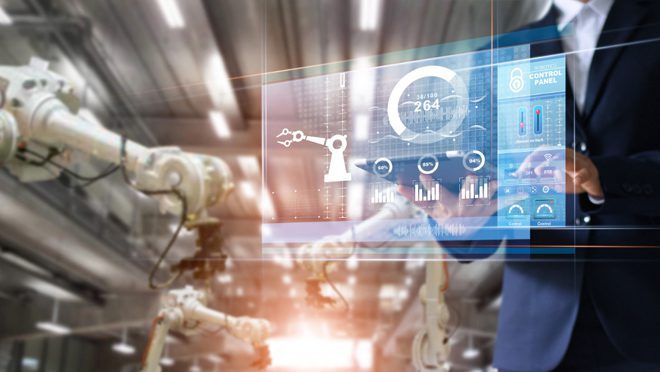The advancement of technology has brought in a lot of changes in how things are done. People of all age groups have had to learn a couple of things to move with the trends brought about by technology. This change has not only necessitated some implementations in individual works but also how manufacturing industries do their work.
One great disadvantage that has vividly popped out from the use of technology is that one on one conversations have lessened. People interact more with their gadgets via the internet. Manufacturing industries have also adapted this by having fewer people working in them and more automated machines.
These automated machines are robots that have replaced human beings in the workplace. Robots have greatly revolved around how things are done in manufacturing industries.
Table of Contents
3 Ways in which Robots have changed the Manufacturing Industry in the modern world
There are numerous ways in which robots have changed the manufacturing industry in the modern world. This article will highlight three ways in which robots have changed the manufacturing industry in the world.
1. Reduction in expenses
For manufacturing industries to bring in profits from what they do, they have to perfect how they operate. In the past human beings did every chore in manufacturing industries. These human beings whether those with expertise or manual laborers had to be paid salaries and several allowances. These allowances covered their transport charges and health covers.

These allowances cannot be done away with because human beings experience fatigue after doing their chores and are prone to injuries as well. Human beings may get injured while working in the manufacturing industries because they use tools and have to experience many other dangerous things while working.
Robots bring in a reduction in expenses because they are machines and are automated. This means robot assembly does not need health covers and transport charges, unlike human beings. This is simply because they are not human.
2. Increase in production
The fact that robots are machines means that they work at a faster rate than human beings. Robot assembly is in a position to produce more because they work under the instructions put upon them. Unlike human beings, robots will hardly make mistakes when bringing out a manufacturing industry’s products.


Robots will bring out perfect and uniform products because they do not fable when working and do not get tired, unlike human beings.
3. Less of manual laborer’s and more of Information Technology services
As earlier mentioned, a robot can bring out a lot of products as compared to what a human being can. One of the reasons why this is so is because robots work 24/7. All they need is to be set up and fed with instructions by an expert who knows how they operate.


Robots can be remotely controlled and this means that they do not need to have a human being to run. In case a robot fails or breaks down, the expert who runs it can easily rectify the issue manually. This means that fewer manual laborers are needed and more information technology (IT) services should be brought in.
The IT necessities would include computers both at the manufacturing industry site and others with the experts that sets them up and monitors them. Manufacturing industries that wish to incorporate robots in their operations should hence work on getting IT experienced people who have the know-how of robot operations.
Conclusion
Robots are indeed the new employees in this day and age. Manufacturing industries that long to scale up the ladder in what they do, should work on getting robots to be part of their daily operations. Robots will not only retain an industry’s already acquired customers, attract new customers but they will also give a manufacturing industry a great competitive advantage.




